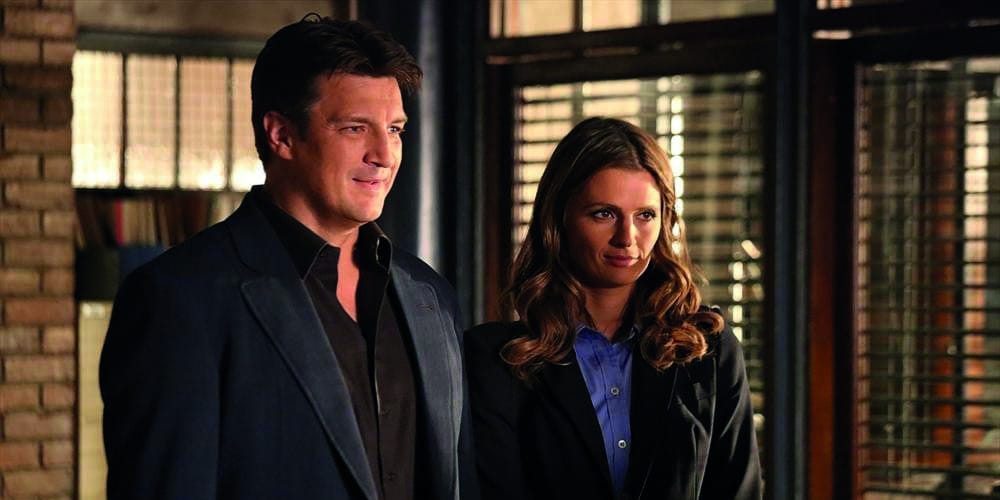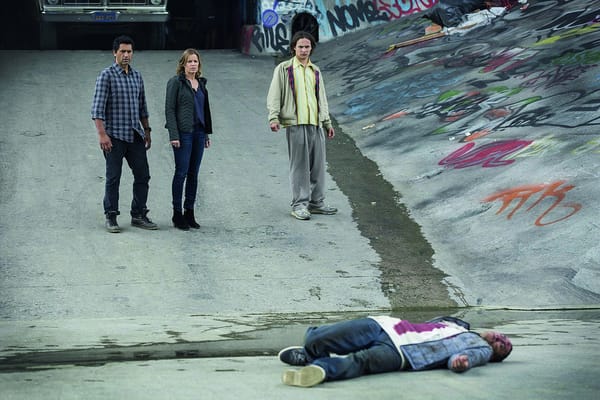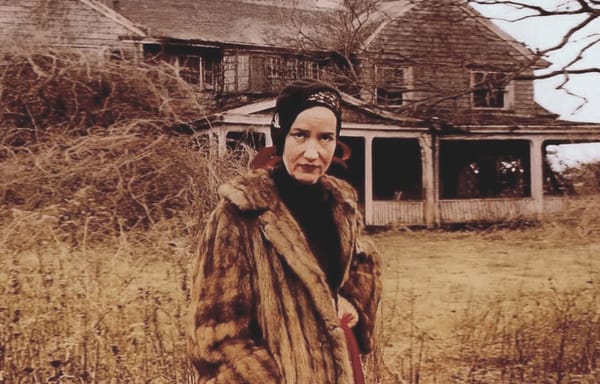A Eulogy for Shows No More
Why do anything if it doesn’t earn you a good chunk of money?

As the renewal period for shows finally winds down and writers once more begin plotting ahead, networks start to announce which shows didn’t make the cut. The major victims for this season are the singing competition powerhouse American Idol, the country-music drama Nashville, and a personal favourite of mine, the Nathan Fillion driven, crime procedural Castle. But, as much as we mourn the recently departed, the reasons why individual shows are cancelled are quite varied.
The most common reason for a cancelled show will be a lack of viewer interest. It simply isn’t drawing in the numbers, and more importantly the advertising money, that the network wants, and so off with its head. This is especially true if the lack of advertising money means that the show is turning a loss for them. After all, my future bankers, why do anything if it doesn’t earn you a good chunk of money?
Shows can also be cancelled due to infighting about any number of things, from the creative direction of the show to conflicts between some of the people involved. The management might also decide to axe the show in order to make room for a hopefully better and more profitable one.
More satisfyingly though, some shows are simply cancelled once they’ve run their course. The writers and director have told the story that they wanted to tell, and so rather than letting it go stale they just cease work on it. While some executives are of the ‘bleed it dry’ philosophy, and will never cancel a show if it’s still bringing in the green, that rare breed of management who actually believe in giving shows a satisfactory ending crops up often enough that the TV format is still going (fairly) strong.
Some of the more famous casualties of recent times include gems like Arrested Development, an award-winning sitcom about a family of narcissistic idiots, Pushing Daisies, the fantastically absurd story of a pie-maker with the ability to resurrect the dead, and Firefly, a ‘space western’ by Joss Whedon with one of the largest and vocal cult followings. Weirdly enough, being cancelled often doesn’t mean that content stops being made for the show. It’s generally the case that when a show with a large fan base is cancelled, the staff behind it will be bombarded with requests for a renewal or for more content in that universe. Occasionally these fans get exactly what they wanted. Care in point, Star Trek was cacelled after three seasons. However, due to massive fan support the show eventually returned to TV as Star Trek: The Next Generation, and the franchise is alive today with the new series of rebooted films.
So, as much as we might get angry at a network for cancelling our favourite show, try and think positively. For every great show that stops being produced another takes its place, and if that sucks, who knows, we might get a reboot. Unless that sucks as well.








